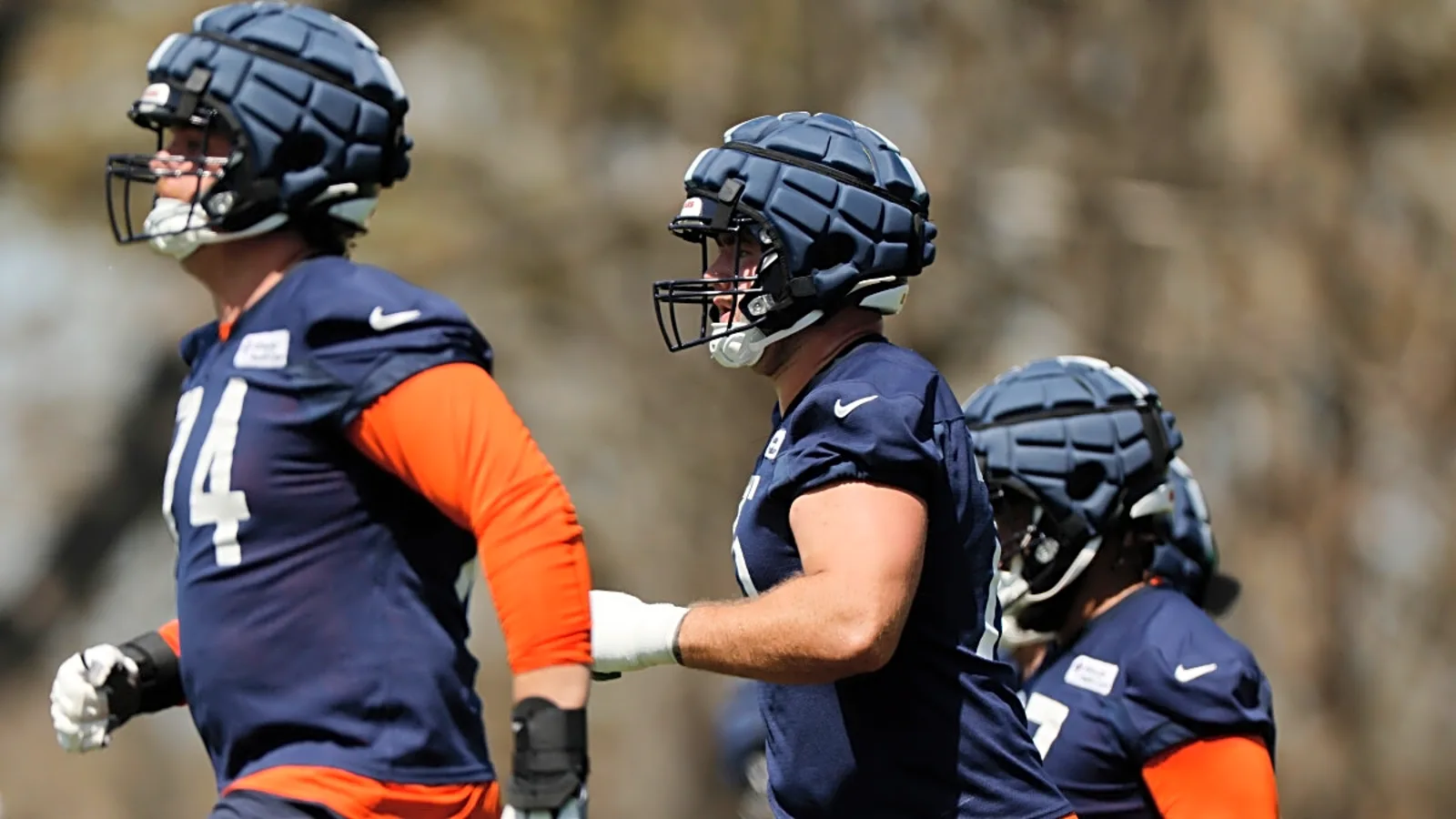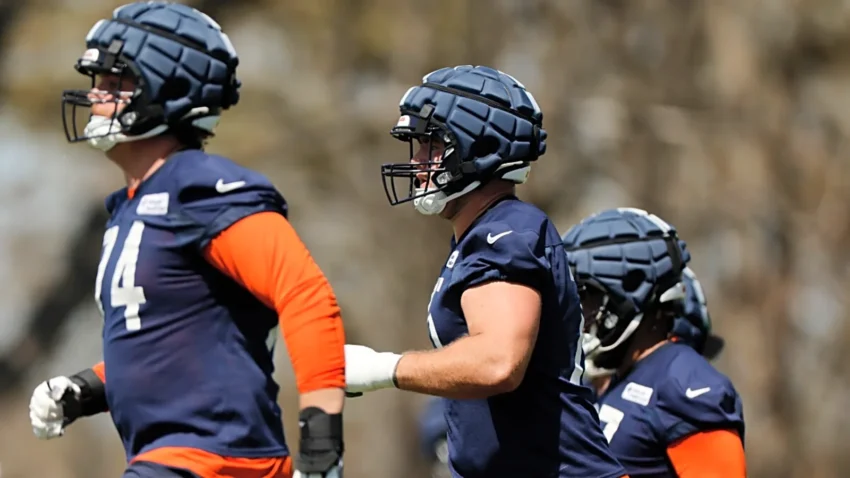
The Chicago Bears have made NFL history by signing second-round rookie wide receiver Luther Burden III to a fully guaranteed contract—marking the first time a non–first-round player has received such a deal under the league’s rookie wage scale. Valued at approximately $10.96 million over four years, the contract is poised to redefine how rookie deals are negotiated and could have sweeping implications for the league’s salary structure.
Traditionally, fully guaranteed contracts in the NFL were reserved for first-round picks, particularly those selected early in the draft. Second-round selections typically received partial guarantees, with the bulk of their money tied to performance and roster bonuses. However, Burden’s deal, along with similar agreements signed by Jayden Higgins (Texans) and Carson Schwesinger (Browns), signals a fundamental shift in how teams approach compensation for top-tier second-round talent.
This trend is not just symbolic—it has triggered a ripple effect across the league. More than 30 second-round picks remain unsigned as of mid-July 2025, many of them reportedly holding out for comparable fully guaranteed contracts. This has placed front offices in a bind. Teams are now caught between managing the salary cap and avoiding contract precedents that could reshape rookie negotiations for years to come.
For the Bears, this bold move appears to be strategic. They are investing in the long-term development of their roster by giving young players financial security early in their careers. Alongside Burden, the Bears also signed second-rounders Shemar Turner and Ozzy Trapilo to similar guaranteed deals. While risky in terms of cap planning, these moves could build player loyalty, reduce the risk of early holdouts, and establish the team as a desirable landing spot for future talent.
However, the broader implications go well beyond Chicago. Agents representing future draft classes are already expected to demand similar structures, particularly for high-value players falling to the second round. This could undermine the NFL’s rookie wage scale, which was introduced to curb ballooning salaries and reduce risk for teams drafting unproven players. If fully guaranteed contracts become the norm beyond Round 1, teams may reevaluate the value of second-round picks or push for revisions in the next Collective Bargaining Agreement (CBA).
Moreover, teams with multiple second-round picks—like the Bears in 2025—now face a potentially costly dilemma. Matching the precedent set by other franchises will require greater upfront financial commitments, which could affect their ability to invest in other parts of the roster.
In summary, the Bears have done more than just sign a promising rookie—they’ve ignited a shift in how the NFL compensates young talent. Whether this becomes the new standard or a short-lived experiment will depend on how other teams respond and how much pressure agents and players can apply. Either way, the traditional rookie contract “playbook” may never be the same again.
